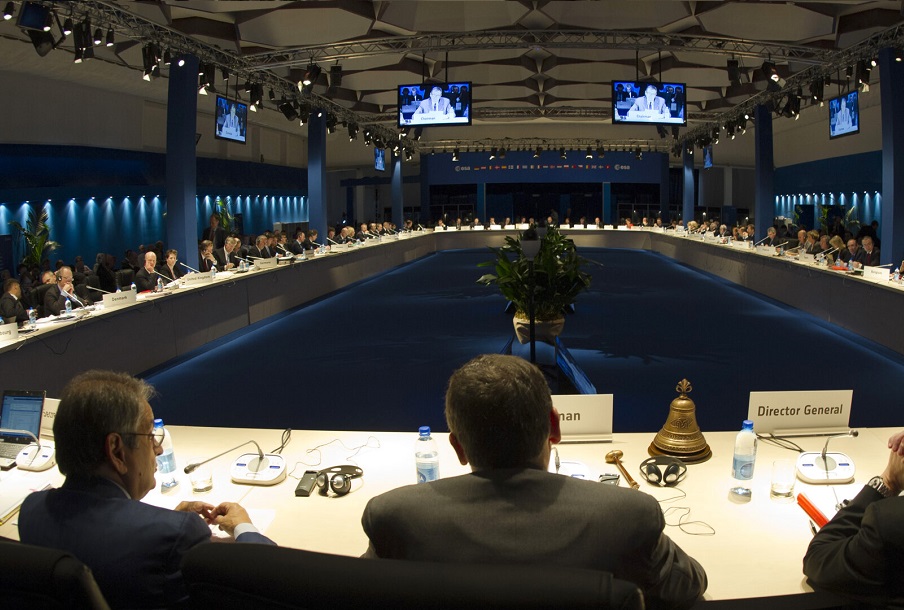On Wednesday and Thursday the European Space Agency is going to discuss how to replace Russia’s Soyuz space unit. The organization is ready to support Ukraine, although it entails considerable financial losses. In particular, the launch of ExoMars is likely to be postponed until 2024.

ESA will meet to discuss issues
The Council of the European Space Agency (ESA) will meet on March 16 and 17 to discuss the correcting of its actions in the current geopolitical situation. This is, of course, about the consequences of Russia’s bloody war against Ukraine. It has caused a significant crisis in the global space industry, both through sanctions against Russia and through the reactions of the aggressor country itself.
ESA officials say they fully support all sanctions. Of course, they are worried about how the situation will affect the agency’s activities. Objectively, this situation can cause considerable losses, but the ESA is not going to give in to the principles that put people’s freedom and lives above all else.
The main issue to be discussed at the meeting is the replacement of Russian Soyuz by European vehicles. These can be rockets that are already in use, as well as promising ones such as Vega-C.The most acute situation is connected with the ExoMars mission. This is a joint project of Europeans and Russians. The launch should take place on a rocket of the aggressor country in August 2022. But now there are no Soyuz modules, and it is unknown whether they will still have time to find a replacement. And the starting window for a flight to Mars opens only once every 26 months. So, it is possible that this spacecraft will fly into space only in 2024.
Moods in the space agency
It is worth noting that not everyone in the European space industry shares the readiness to go all the way for the sake of Ukraine. For many years, everything that local space companies could do on their own, was contracted to Russian businesses. And now it is very painful for Europeans to refuse this cooperation.
A typical example here is Bernard Foing, chairman of the International Moon Research Group. He expressed concern about the events, but talked more about some peaceful cooperation, particularly with the Russian Academy of Sciences.
Foing can be understood. The launch of the Luna-25 joint mission, which his group has been preparing for several years while Russia was fighting in the Donbas, is scheduled for July. And “Luna-27” should start by 2025. Therefore, the fate of both devices remains uncertain.
It seems that many in Europe have not yet given up on the idea that some common language can be found with the Russians. Many European scientists and engineers are convinced that cooperation in space will help “overcome contradictions” on Earth.
According to www.space.com

